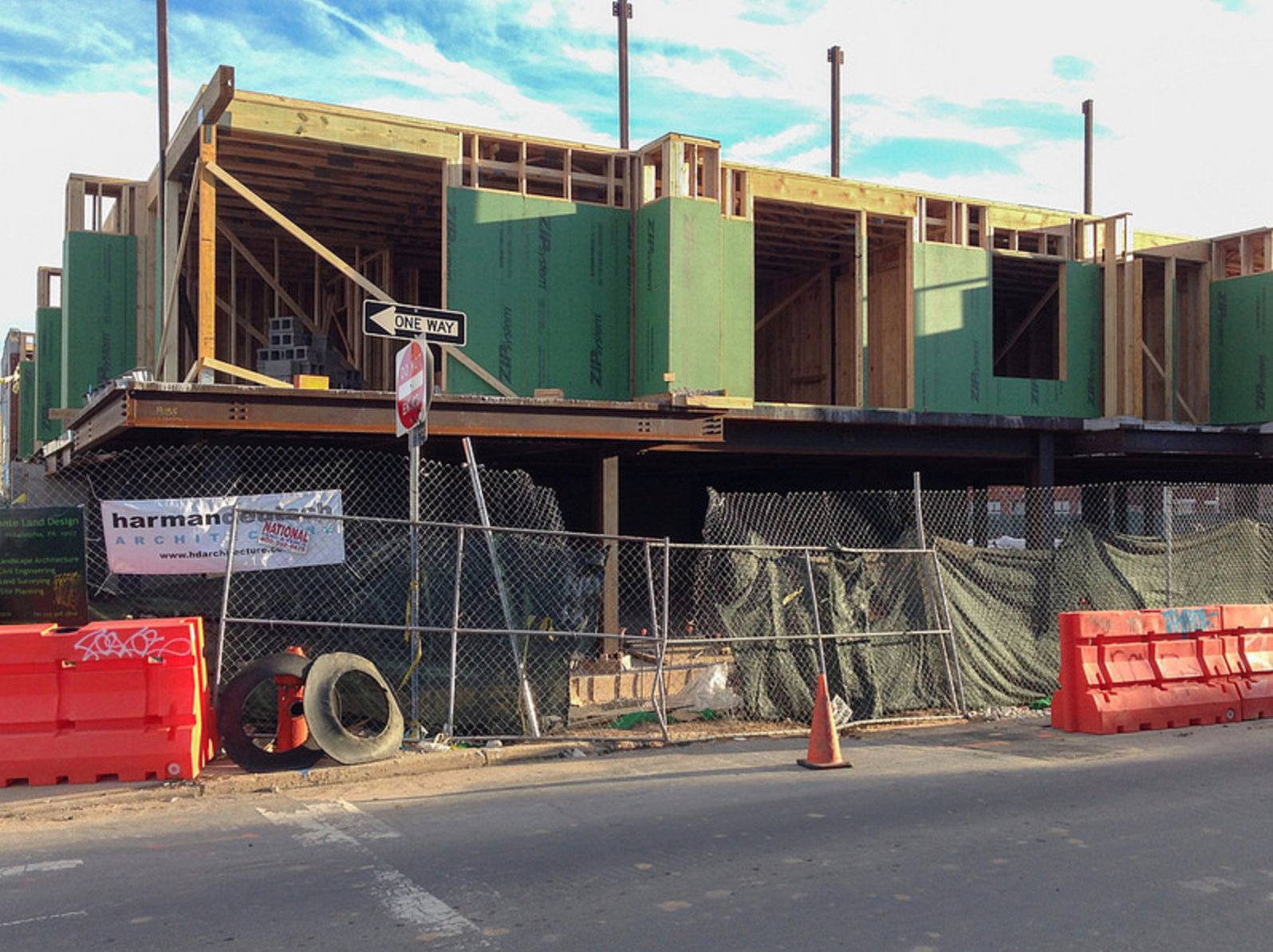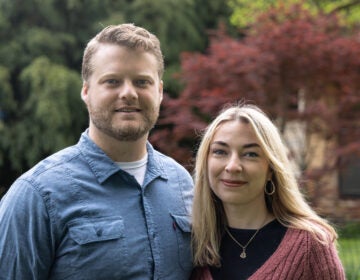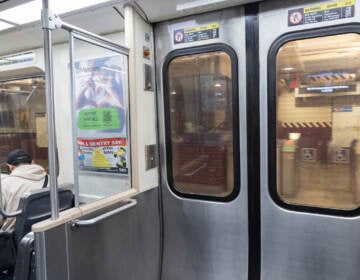June 19: Lead soil legacy | Global Cities Initiative | Flash flood warning

If you read nothing else today, don’t miss the latest installment of Toxic City by the investigative team of Wendy Ruderman, Barbara Laker, and Dylan Purcell. In Fishtown, Kensington, and Port Richmond, Philadelphia’s current “development boom is disturbing lead that has sat dormant for decades”, spreading toxic dust across these neighborhoods, putting a new generation of young children at risk. The reporters spent five months examining the toxic legacy of fourteen lead smelters in the River Wards: testing soil, interviewing residents, observing construction sites, and assembling a comprehensive analysis of lead levels in 114 locations, including parks and playgrounds. For a problem so old and pervasive, there are no requirements for developers to test soil for lead as a routine precaution before disturbing a property, and federal, state, and city officials do not agree on who should be responsible for regulating. As a former lead expert from the CDC put it: “Everybody’s problem is nobody’s problem.”
Pack your rain boots, windbreaker, and backup umbrella: the National Weather Service has a flash flood watch in effect from noon to midnight. It cautions that a storm passing through southeastern Pennsylvania, much of New Jersey, northern Delaware and extreme northeastern Maryland may cause flash flooding of creeks, streams and roadways, especially in urban areas.
Greater Philadelphia has been selected to join a new phase of Brookings Global Cities Initiative (GCI) focused on ‘developing new market prioritization and metropolitan economic partnership strategies,’ the City of Philadelphia announced. The eight-metro region cohort, which includes Atlanta, Columbus, Phoenix, and San Diego, seeks to “amplify the impact of trade strategies through new research and problem-solving” to produce “a locally-tailored market prioritization assessment, and initiating or expanding at least one metro-to-metro collaboration.” Philadelphia previously participated in GCI, a joint project of Brookings and JPMorgan Chase, and the regional project team includes the City of Philadelphia, Select Greater Philadelphia Council, World Trade Center of Greater Philadelphia, and Temple University’s Fox School of Business.
The Chesapeake Bay Foundation (CBF) and multiple partners will are expected to match a three-year $415,000 Conservation Innovation Grant from the U.S. Department of Agriculture, the Post-Gazette reports. The ‘pay for success’ program, which allows municipalities get credit toward their Municipal Separate Storm Sewer System (MS4) requirements, is “intended to reduce farm runoff and enable municipalities to comply with stormwater pollution reduction requirements while returning profits to the program’s capital investors.” State secretary of agriculture Russell Redding says that the project “offers Pennsylvania enormous potential to achieve substantial and cost-effective nutrient and sediment pollution reductions by infusing private capital in the implementation of agricultural best-management practices.”
Makerspace NextFab officially expanded Wednesday to a 10,000-square-foot location in Wilmington’s Creative District, Tecnnical.ly’s Roberto Torres writes. The state-backed Delaware Strategic Fund provided a $350,000 grant for the expansion, in the hopes that the location can integrate with the existing maker community of Wilmington and joins the city’s revitalization efforts.
WHYY is your source for fact-based, in-depth journalism and information. As a nonprofit organization, we rely on financial support from readers like you. Please give today.







